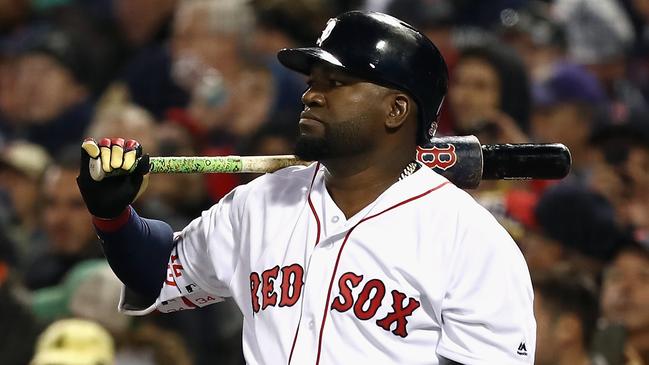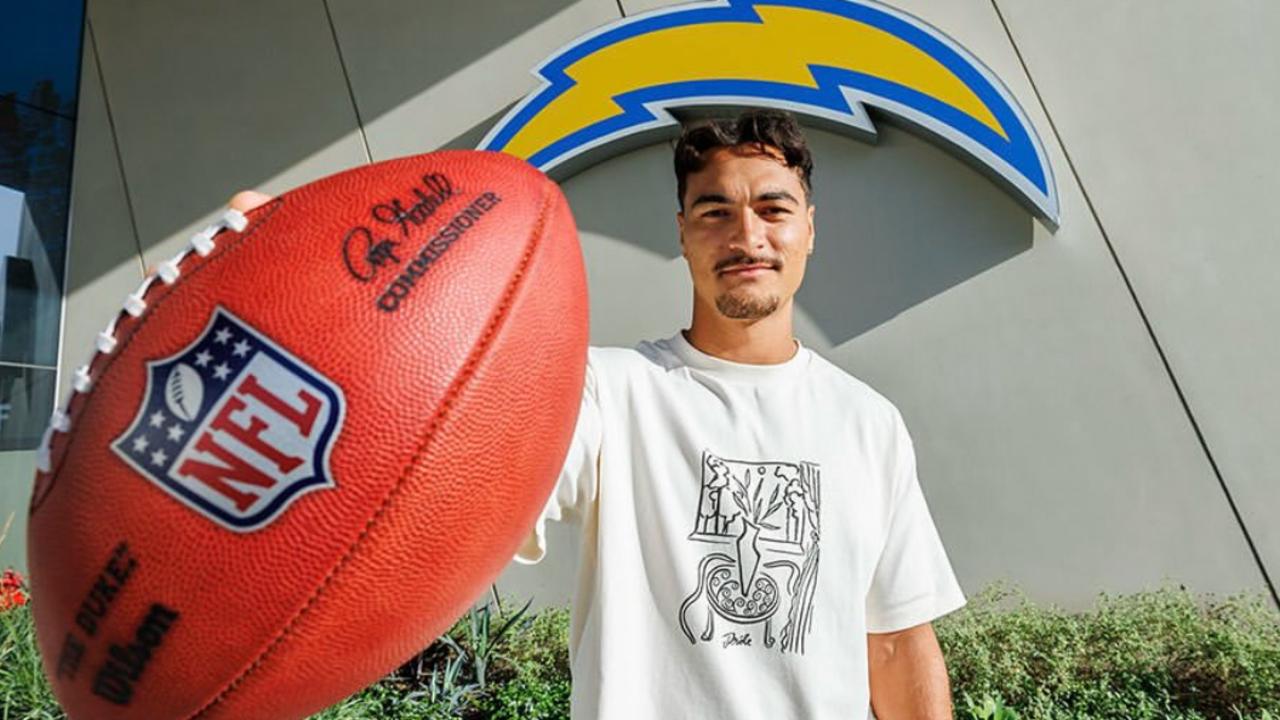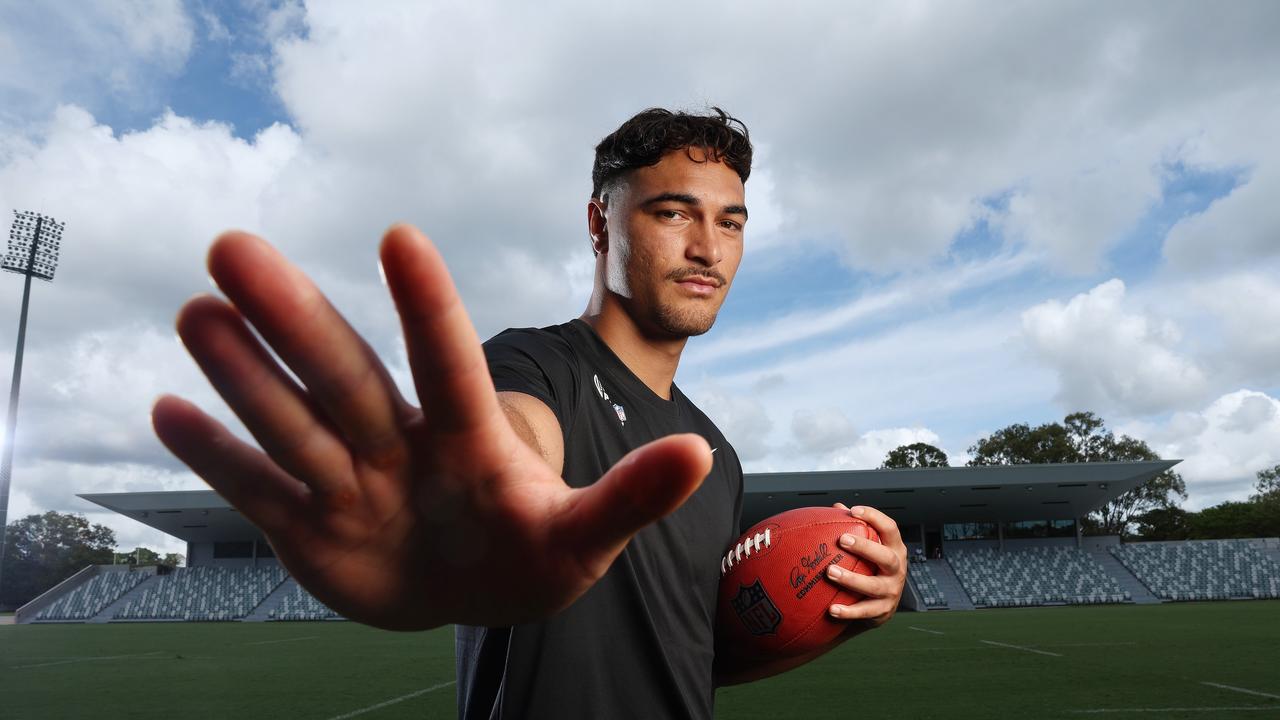Rocky Road to the Baseball Hall of Fame
The annual election for the Baseball Hall of Famne is leading to few new inductions as voters squabble over performance-enhancing drugs and “character issues”.

When Josh Rawitch became president of the National Baseball Hall of Fame in September, longtime museum librarian Jim Gates offered him a welcome present: a copy of a New York Times story criticising the process for deciding who gains admittance to Cooperstown, the village in upstate New York that hosts the museum.
The article reads like many of the ferocious arguments that flood social media every January, when participating members of the Baseball Writers’ Association of America begin to reveal their choices. The author slams voters for picking one player over another, questions the extent to which character should matter and lists plenty of other grievances about how the Hall of Fame operates.
But this column wasn’t about Barry Bonds, Roger Clemens and Alex Rodriguez, three of the superstars currently up for consideration. It was written in response to the inaugural Class of 1936, complaining about how Ty Cobb generated more support than Babe Ruth and that 11 voters ignored Honus Wagner.
“The debates about the process and about who got in and who didn’t and why have been going since literally the day we opened the doors,” said Rawitch, a former communications executive with the Arizona Diamondbacks and Los Angeles Dodgers.
The Hall of Fame has always been shrouded in controversy — an important reminder as Rawitch assumes stewardship at a particularly contentious moment, when picking who should be in the Hall has become more complicated than ever.
The BBWAA didn’t send a single player to the Hall of Fame last year for just the third time since the mid-1960s, with nobody appearing on 75 per cent of the 401 ballots cast. Based on the initial data from voters who have opted to make their choices public, the outcome could be the same when the 2022 results are revealed later this month. (To avoid potential conflicts of interest, The Wall Street Journal doesn’t permit its journalists to vote.)
The problem isn’t a lack of superstars to pick from. Bonds, who hit more home runs than anybody in history, and Clemens, the pitcher who won a record seven Cy Young Awards, are on the ballot for the 10th and final time. Rodriguez and David Ortiz, two sluggers who combined to bash 1237 homers, are newly eligible.
Of these and the 26 others on the ballot, only Ortiz — the beloved Boston Red Sox designated hitter known as “Big Papi” — appears to have any chance at all. And the gridlock might not clear up anytime soon, as voters continue to reckon with how to handle players accused of using performance-enhancing drugs and committing other transgressions that could be disqualifying under the Hall’s “character clause”.
“If you look at daily life, whether it’s politics or religion or anything else, the world is very passionate about their opinions,” Rawitch said. “Right now we’re in very divided times.”
Looking ahead a few cycles, there are few players likely to generate consensus. Outfielder Carlos Beltrán goes onto the ballot in 2023, but his candidacy has potentially been dampened because of his role in the Houston Astros’ sign-stealing scandal in 2017. His involvement in the scheme cost him his job as the manager of the New York Mets before he worked a single game.
Adrián Beltré and Ichiro Suzuki are virtual locks in 2024 and 2025 — the latter would become the first Japanese player with a plaque in Cooperstown. But other first-timers like Chase Utley and CC Sabathia would seem to be longer shots. Beyond that, the players with the best chances are holdover candidates from the current ballot, such as Scott Rolen and Todd Helton.
It wasn’t always this way. From 2014 through 2020, the BBWAA elected an average of three players into the Hall, with four going in from the writers’ ballot in 2015, 2018 and 2019. In 2019, Mariano Rivera was the first player selected unanimously, while Ken Griffey Jr. and Derek Jeter both earned more than 99 per cent of the vote over that span.
Lately, however, what is supposed to be a celebration of baseball’s highest honour has become a treacherous proposition. Many players have had their accomplishments stained by allegations, or in some cases proof, that they used performance enhancing drugs, an issue that has polarised voters for years. This club features not only Bonds and Clemens, but also Rodriguez, Sammy Sosa, Manny Ramírez and Gary Sheffield.
If Ortiz is kept out in spite of his Hall-worthy statistics, it is because voters lumped him in with that group. Ortiz allegedly was one of 103 players who tested positive in anonymous survey testing in 2003, two years before MLB started penalising players for PEDs. He never tested positive again, and commissioner Rob Manfred has defended Ortiz, saying in 2016 that there were “legitimate scientific questions about whether or not those were truly positives.”. In a first-person essay published on The Players’ Tribune in 2015, Ortiz said he “never knowingly took any steroids” and that he deserves to be in the Hall of Fame.
With approximately 43 per cent of the ballots revealed, Ortiz had appeared on 83.5 per cent of them as of this week and is likely to be a close call. Ryan Thibodaux, a baseball fan who tracks publicly available Hall ballots, said, “I don’t think he’s going to be below 70 or above 80.”
Though Ortiz might have to wait, Thibodaux sees his performance as a sign that the logjam could be subsiding. He credits a rule the Hall passed in 2016 that excises voters from the ranks if they haven’t been active members of the BBWAA for more than 10 years. The number of voters has since gone from about 550 to about 400. This has given more weight to younger writers who have historically been more lenient about PEDs and are more likely to rely on modern statistics that have benefited non-traditional candidates, such as Tim Raines and Larry Walker.
“It seemed like there was actually more polarisation back then because you had this part of the electorate that was so different from the younger voters,” Thibodaux said. “It’s still very hard to get to 75 per cent, but in some ways it’s easier than it was a decade ago.”
PEDs aren’t the only thing keeping players out. Curt Schilling, a World Series hero with the Diamondbacks and Red Sox, would almost certainly be in already if not for some of his behaviour on social media, which includes sharing a meme saying that journalists should be lynched and posting in support of the January 6 rioters. After coming up 16 votes short last year, he asked the Hall of Fame to remove him from the ballot this year, a request that was denied. Nonetheless, 22 writers have already said they removed him from their ballots this year after voting for him last year.
Omar Vizquel, one of the best defensive shortstops ever, went from a borderline Hall candidate to having virtually no chance. The Athletic published an article in December 2020 detailing accusations from Vizquel’s wife that he physically abused her. Vizquel denied the allegations, but 42 voters have removed him from their ballots.
Rawitch says he wants to see the process unfold for a year before forming any opinions about potential changes. He’s unconcerned about the possibility of few Hall of Famers coming from the baseball writers’ group, which has had a key role in the voting process since the beginning.
He points to the other mechanism to elect candidates: various committees designed to re-evaluate players the writers overlooked. That system has led to Buck O’Neil, Bud Fowler, Gil Hodges, Minnie Miñoso, Jim Kaat and Tony Oliva all being inducted later this year.
“I don’t worry about if there seems to be a period of three or four years where the BBWAA doesn’t elect somebody,” Rawitch said. “We have two processes for a reason.”
Wall Street Journal



To join the conversation, please log in. Don't have an account? Register
Join the conversation, you are commenting as Logout